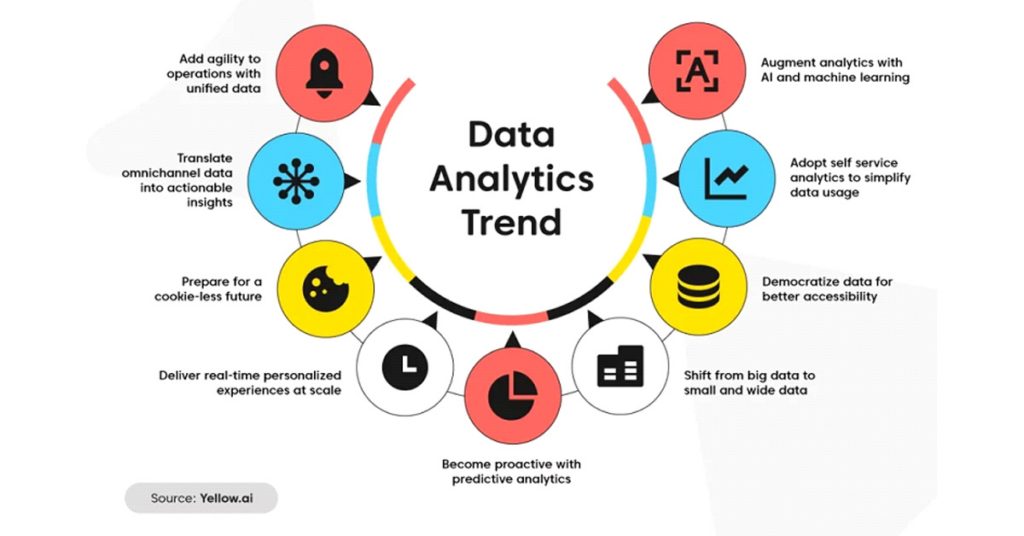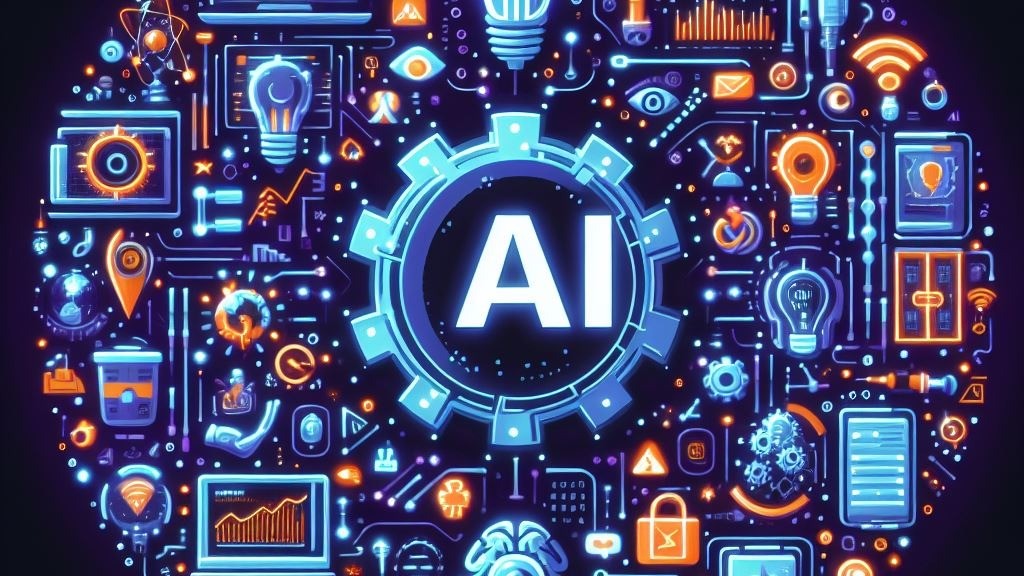The future of work is here, and AI-powered productivity tools are leading the charge. In 2025, businesses and individuals are increasingly turning to AI to streamline tasks, boost creativity, and enhance overall efficiency. From content creation to project management, these tools are transforming how we approach work in virtually every industry. But how exactly are AI tools making such a big impact?
Let’s dive into the world of AI-powered productivity tools and explore how they’re reshaping modern workflows.
1. Streamlining Repetitive Tasks with Automation
One of the biggest advantages of AI-powered productivity tools is their ability to automate time-consuming, repetitive tasks. For example, AI chatbots can handle customer service inquiries, freeing up human employees to focus on more complex problems. Similarly, AI scheduling assistants like x.ai help manage calendars, schedule meetings, and even reschedule on behalf of the user, saving hours each week.
Why Automation Matters
Automating mundane tasks helps businesses focus on their core objectives. Whether it’s automating email responses, processing data, or even analyzing business trends, AI tools ensure that employees spend less time on routine activities and more time on high-level thinking and strategy.
2. Enhancing Creativity with AI-Powered Tools
AI isn’t just for efficiency; it’s also boosting creativity across industries. In fields like marketing, graphic design, and content creation, AI tools can assist in brainstorming, ideation, and the execution of creative projects. For instance, tools like Jasper AI can help marketers and writers generate high-quality content in seconds, while Canva’s AI makes designing eye-catching visuals easy for non-designers.
Creative Collaboration with AI
AI helps individuals break through creative blocks by suggesting innovative ideas, layouts, and even writing styles. These tools learn from user inputs, constantly improving over time and adapting to the unique needs of the user. The synergy between human creativity and AI-enhanced tools is helping businesses develop content faster, with higher quality and fewer revisions.
3. Improving Decision-Making with Data Insights
AI-powered analytics tools are making it easier than ever to gather and analyze vast amounts of data. Platforms like Google Analytics 4 and Power BI use AI algorithms to track user behavior, generate insights, and forecast trends. These insights help businesses make data-driven decisions with precision, improving strategies and ultimately boosting productivity.
Real-Time Data Insights for Smarter Decisions
By using AI to sift through large datasets in real time, companies can quickly identify trends and opportunities that they might have missed otherwise. This enables them to respond faster to market changes, customer demands, and industry shifts.

4. AI-Powered Collaboration Tools: Keeping Teams Connected
In the hybrid and remote work environment of 2025, collaboration is key. AI-powered tools are bridging the communication gap, making it easier for teams to stay connected, even when working remotely. Tools like Slack’s AI-powered integrations and Microsoft Teams’ AI features are helping teams collaborate more effectively by offering features like automatic transcription, sentiment analysis, and smart scheduling.
Improving Team Productivity and Communication
By eliminating barriers to communication and collaboration, these tools help teams work more cohesively, no matter where they’re located. AI is making meetings more efficient by generating agendas, summarizing conversations, and even suggesting follow-up tasks. These tools are not just for enhancing efficiency but also for fostering a collaborative work culture.
Conclusion: AI Tools Are the Future of Productivity
AI-powered productivity tools are revolutionizing how we work, bringing innovation, efficiency, and creativity to the forefront. Whether you’re automating mundane tasks, enhancing creativity, making smarter decisions with data, or improving team collaboration, AI tools are the catalysts for a more productive and efficient future. As these tools evolve, they will only become more powerful, helping businesses of all sizes maximize their potential.
also read: AI vs Programmers: 4 Critical Skills You Need to Win the Race
